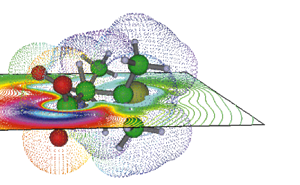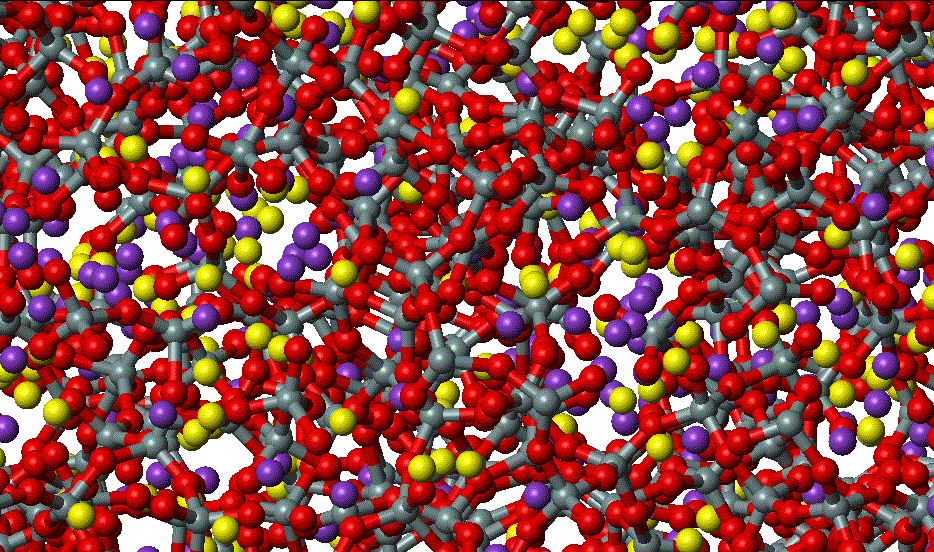 The expertise of the Computational Chemistry Group (CCG) ranges from ab initio electronic structure methods through classical molecular simulation to mesoscale simulation methods. We aim to support the UK academic community in these fields and provide expert assistance to UK industry. The CCG combines two former groups of the former Computational Science and Engineering Department (Molecular Simulation and Quantum Chemistry).
The expertise of the Computational Chemistry Group (CCG) ranges from ab initio electronic structure methods through classical molecular simulation to mesoscale simulation methods. We aim to support the UK academic community in these fields and provide expert assistance to UK industry. The CCG combines two former groups of the former Computational Science and Engineering Department (Molecular Simulation and Quantum Chemistry).
Academic Support
We support research in UK universities primarily through scientific collaboration and software development on behalf of research communities and High End Computing consortia such as
-
CCP5 - Collaborative Computational Project for Computer Simulation of Condensed Phases
-
MCC - HEC Materials Chemistry Consortium
-
UKCOMES - HEC UK Consortium on Mesoscale Engineering Sciences
-
CCPBioSim - Collaborative Computational Project for Biomolecular Simulation
We also provide tuition in the areas of quantum chemistry and molecular simulation and in the use of the software developed at STFC Daresbury Laboratory.
Industrial Support
Computational chemistry is increasingly used i n industry to improve the efficiency and understanding of chemical processes. We support this through provision of software and training and through collaboration. Many of the major manufacturers of chemicals in the UK and elsewhere have worked with the CCG in recent years.
Software Development
We coordinate the development number of computational chemistry software. The software codes are constantly tested and modified with the inclusion of advanced computational methodologies so as to completely exploit the capability of the state-of-the-art massively parallelised supercomputers. The aim is to produce quality software that can meet and exceed the current modelling demands to answer complex chemical and molecular process for both academics and industry.
The list of software projects that have been developed by the group's dedicated research software engineers is listed at our Materials Modelling Software page.
Further Information
If you would like more information about the work of the Computational Chemistry Group or you are interested in collaborating with us please contact Ilian Todorov
